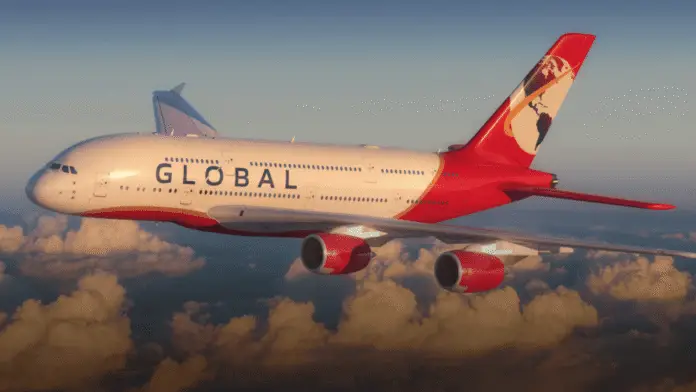By Agencies
Global airlines have revised their profit forecasts for 2025, citing a dip in consumer confidence as key factors. Delays in jetliner deliveries have also been labeled “unacceptable,” affecting growth plans for the industry.
The International Air Transport Association (IATA) now projects a combined profit of $36 billion for airlines this year, a slight decrease from the previous estimate of $36.6 billion made in December.
Despite the downward revision, airline profits are expected to rise from last year’s $32.4 billion, buoyed by lower oil prices and record passenger numbers.
IATA shared these forecasts during its annual meeting in New Delhi, attended by over 300 member airlines. IATA Director General Willie Walsh emphasized that while a $36 billion profit is noteworthy, it translates to just $7.20 per passenger per flight segment, leaving little room for future challenges.
Walsh noted that strong employment and easing inflation should lead to a 1.3% revenue increase compared to last year.
However, the path to reaching the $1 trillion revenue milestone has been extended, as IATA revised its revenue forecast down by 2.1% to $979 billion—still a record high.
Aircraft delivery delays have affected airlines’ capacity to meet growing travel demand in certain areas, contributing to rising operational costs as carriers rely on older aircraft or face higher prices for limited spare parts.
“The situation is frustrating for everyone, especially for airlines waiting on new aircraft,” Walsh told Reuters.
In discussing the updated outlook, Walsh described the predicted delays throughout this decade as “off-the-chart unacceptable.”
Total industry expenses are expected to reach $913 billion in 2025, a 1.0% increase from 2024 but lower than earlier estimates of $940 billion, thanks to falling fuel prices that mitigate rising maintenance costs.
IATA also forecasts a 4.7% decline in cargo revenues to $142 billion in 2025, primarily due to slower global economic growth and protectionist trade measures, including tariffs. Walsh acknowledged the debate over who will bear the cost of these tariffs, cautioning that any attempts by manufacturers to pass them on to customers could lead to higher fares.

